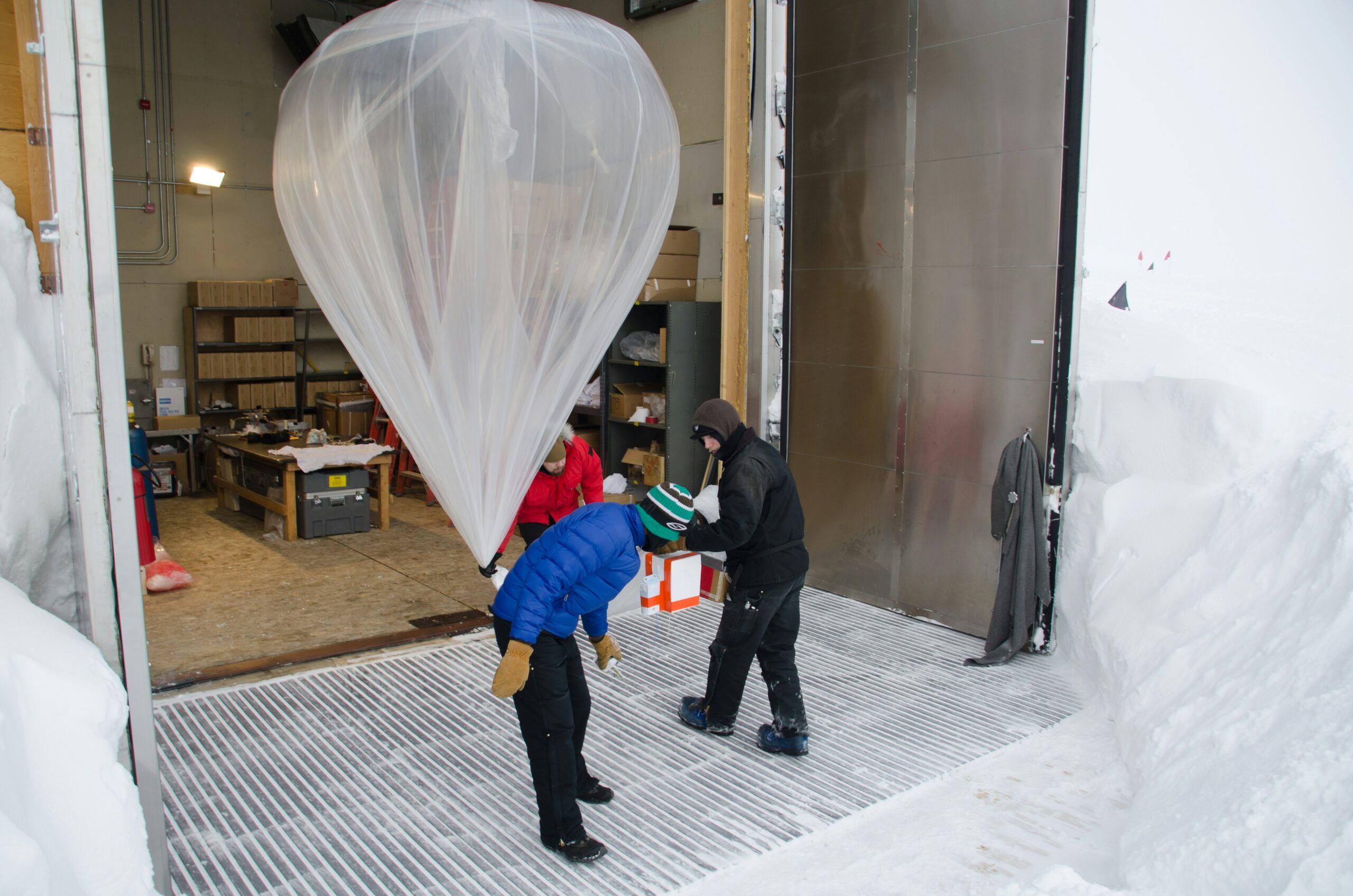
Promoting reproducible research to maximize the benefits of government investments in science
Scientific research is the foundation of progress, creating innovations like new treatments for melanoma and providing behavioral insights to guide policy in responding to events like the COVID-19 pandemic. This potential for real-world impact is best realized when research is rigorous, credible, and subject to external confirmation. However, evidence suggests that, too often, research findings are not reproducible or trustworthy, preventing policymakers, practitioners, researchers, and the public from fully capitalizing on the promise of science to improve social outcomes in domains like health and education.
To build on existing federal efforts supporting scientific rigor and integrity, funding agencies should study and pilot new programs to incentivize researchers’ engagement in credibility-enhancing practices that are presently undervalued in the scientific enterprise.
Details
Federal science agencies have a long-standing commitment to ensuring the rigor and reproducibility of scientific research for the purposes of accelerating discovery and innovation, informing evidence-based policymaking and decision-making, and fostering public trust in science. In the past 10 years alone, policymakers have commissioned three National Academies reports, a Government Accountability Office (GAO) study, and a National Science and Technology Council (NSTC) report exploring these and related issues. Unfortunately, flawed, untrustworthy, and potentially fraudulent studies continue to affect the scientific enterprise.
The U.S. government and the scientific community have increasingly recognized that open science practices — like sharing research code and data, preregistering study protocols, and supporting independent replication efforts — hold great promise for ensuring the rigor and replicability of scientific research. Many U.S. science agencies have accordingly launched efforts to encourage these practices in recent decades. Perhaps the most well-known example is the creation of clinicaltrials.gov and the requirements that publicly and privately funded trials be preregistered (in 2000 and 2007, respectively), leading, in some cases, to fewer trials reporting positive results.
More recent federal actions have focused on facilitating sharing of research data and materials and supporting open science-related education. These efforts seek to build on areas of consensus given the diversity of the scientific ecosystem and the resulting difficulty of setting appropriate and generalizable standards for methodological rigor. However, further steps are warranted. Many key practices that could enhance the government’s efforts to increase the rigor and reproducibility of scientific practice — such as the preregistration of confirmatory studies and replication of influential or decision-relevant findings — remain far too rare. A key challenge is the weak incentive to engage in these practices. Researchers perceive them as costly or undervalued given the professional rewards created by the current funding and promotion system, which encourages exploratory searches for new “discoveries” that frequently fail to replicate. Absent structural change to these incentives, uptake is likely to remain limited.
Recommendations
To fully capitalize on the government’s investments in education and infrastructure for open science, we recommend that federal funding agencies launch pilot initiatives to incentivize and reward researchers’ pursuit of transparent, rigorous, and public good-oriented practices. Such efforts could enhance the quality and impact of federally funded research at relatively low cost, encourage alignment of priorities and incentive structures with other scientific actors, and help science and scientists better deliver on the promise of research to benefit society. Specifically, NIH and NSF should:
Establish discipline-specific offices to launch initiatives around rigor and reproducibility
- Use the National Institute for Neurological Disorders and Stroke’s Office of Research Quality (ORQ) as a model; similar ORQs would encourage uptake of under-incentivized practices through both internal initiatives and external funding programs.
- To ensure that programs are tailored to fit the priorities of a single disciplinary context, offices should be established within individual NIH institutes and within individual NSF directorates.
Incorporate assessments of transparent and credible research methods into their learning agendas
- Include questions to better understand existing practices, such as “How frequently and effectively do [agency]-funded researchers across disciplines engage in open science practices — e.g., preregistration, publication of null results, and external replication — and how do these practices relate to future funding and research outcomes?”
- Include questions to inform new policies and initiatives, such as “What steps could [agency] take to incentivize broader uptake of open science practices, and which ones — e.g., funding programs, application questions, standards, and evaluation models — are most effective?”
- To answer these questions, solicit feedback from applicants, reviewers, and program officers, and partner with external “science of science management” researchers to design rigorous prospective and retrospective studies; use the information obtained to develop new processes to incentivize and reward open science practices in funded research.
Expand support for third-party replications
- Allocate a consistent proportion of funds to support independent replications of key findings through the use of non-grant mechanisms — e.g., prizes, cooperative agreements, and contracts. The high value placed on scientific novelty discourages such studies, which could provide valuable information about treatment, policy, regulatory approval, or future scientific inquiry. A combination of agency prioritization and public requests for information should be used to identify topics for which additional supportive or contradictory evidence would provide significant societal and/or scientific benefit.
- The NSF, in partnership with an independent third party organization like the Institute for Replication, should run a pilot study to assess the utility of commissioning targeted and/or randomized replication studies for advancing research rigor and informing future funding.
To understand the range of governmental priorities for the bioeconomy, we spoke with key agencies represented on the National Bioeconomy Board to collect their perspectives.
Congress should foster a more responsive and evidence-based ecosystem for GenAI-powered educational tools, ensuring that they are equitable, effective, and safe for all students.
Without independent research, we do not know if the AI systems that are being deployed today are safe or if they pose widespread risks that have yet to be discovered, including risks to U.S. national security.
Companies that store children’s voice recordings and use them for profit-driven applications without parental consent pose serious privacy threats to children and families.